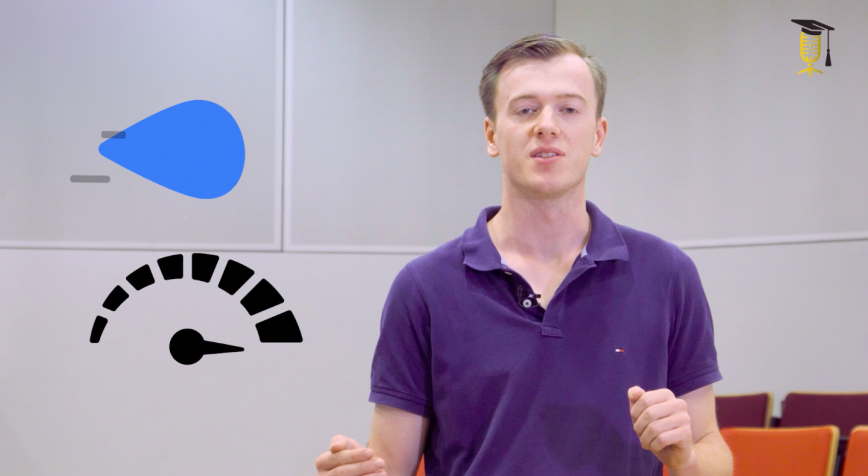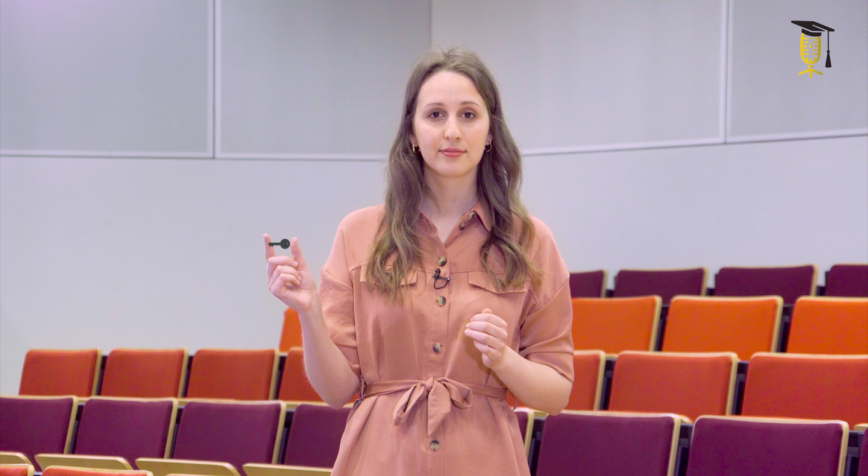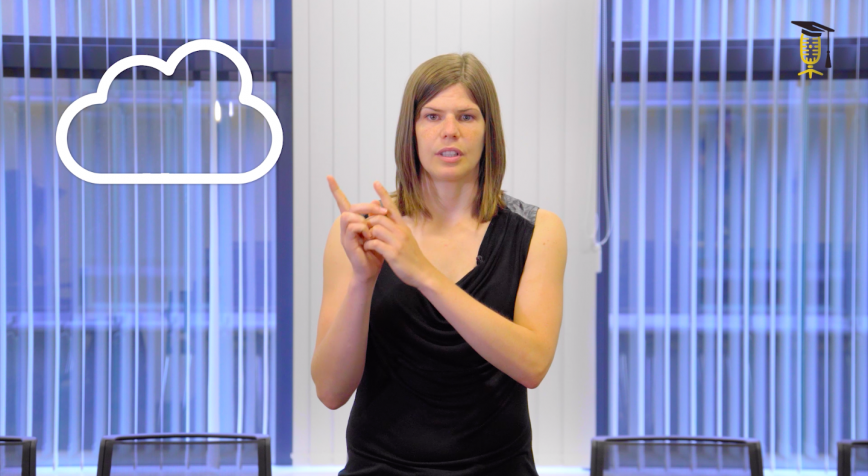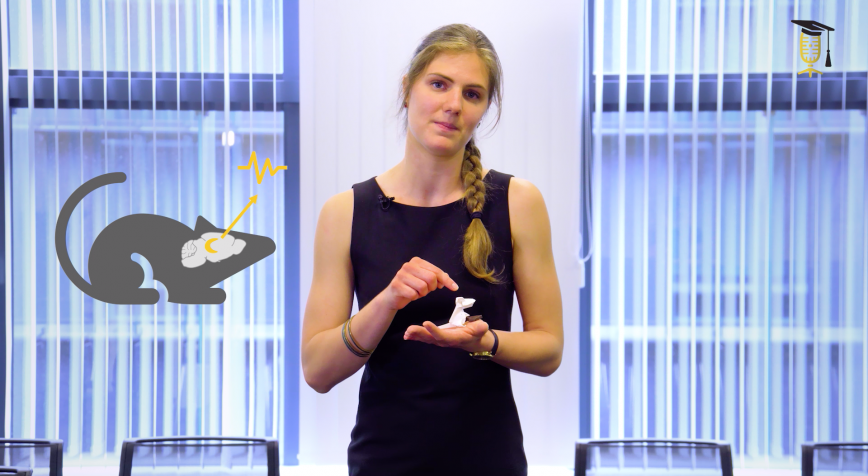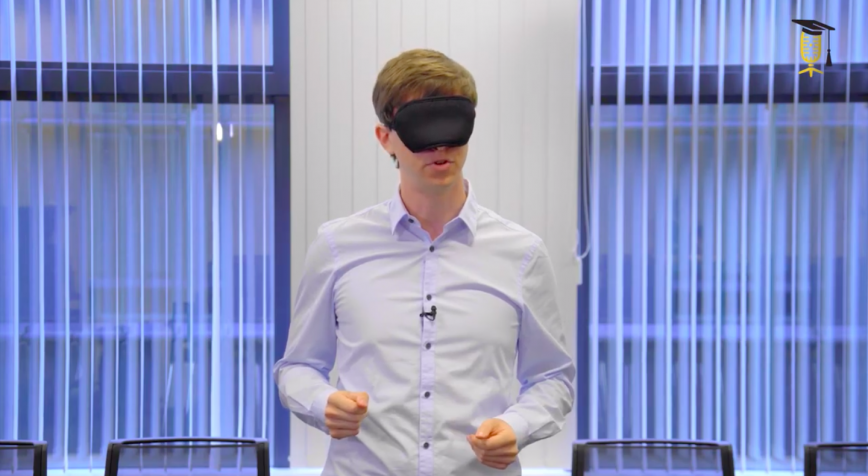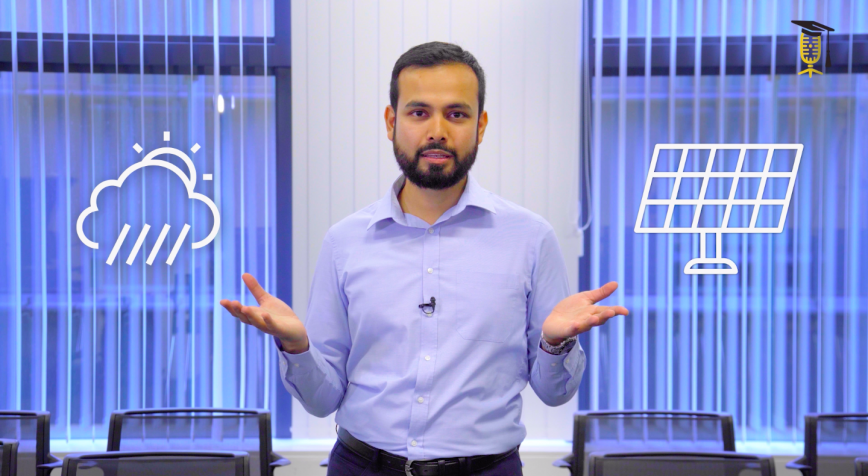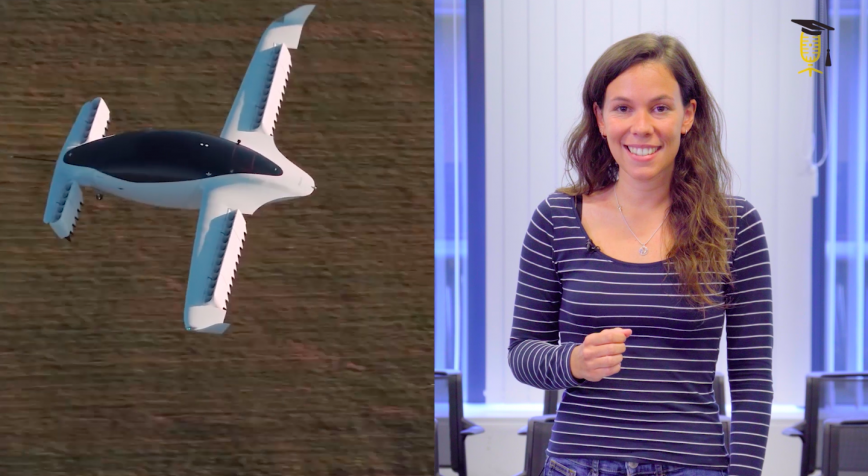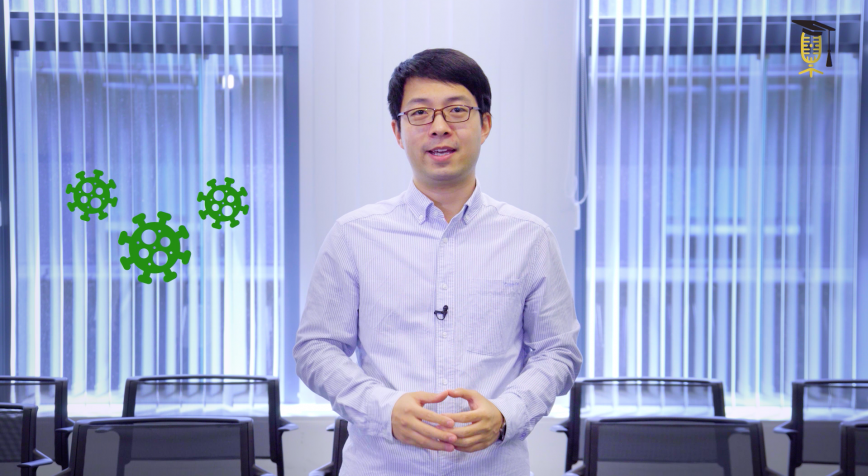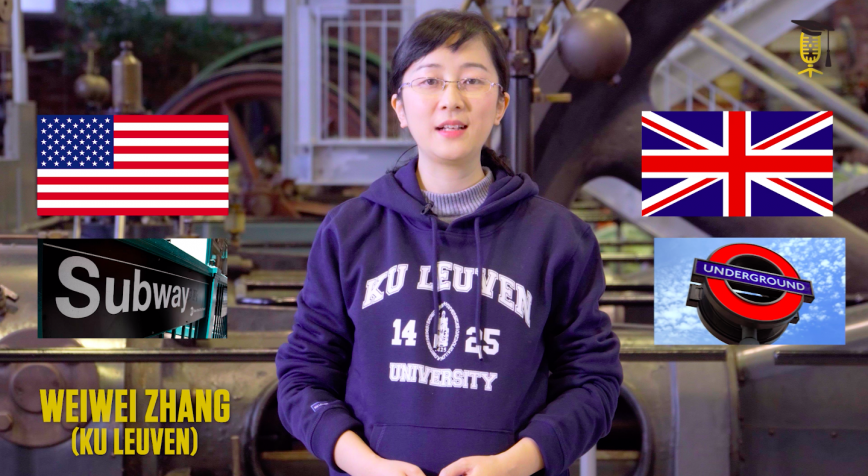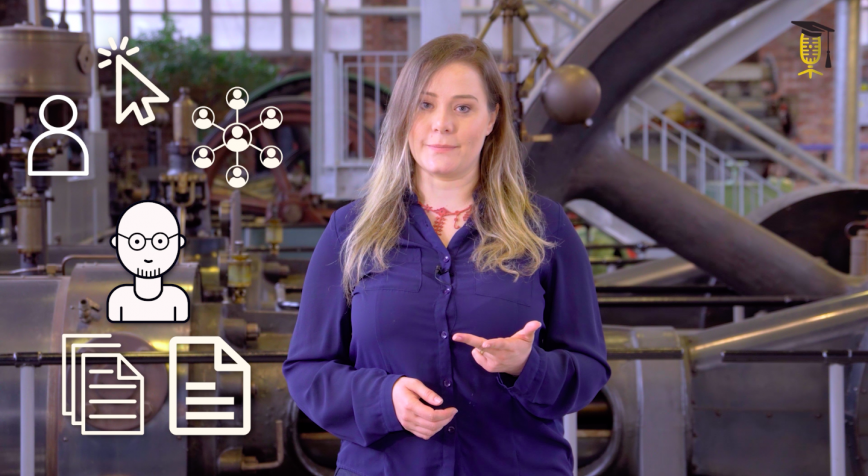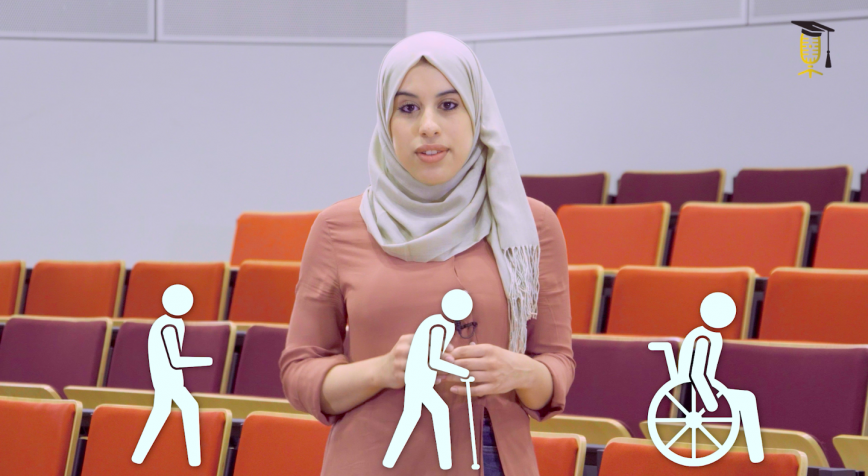
FWO
UHasselt
Progressive MS: looking for the switch in our DNA in ons DNA
Did you know that there are already more than 15 medications for multiple sclerosis? Yet the more than 1 million progressive MS patients do not benefit from them, because these drugs only work in the early stages of the disease. Assia Tiane wants to help unravel the disease in order to improve the quality of life of progressive MS patients.
